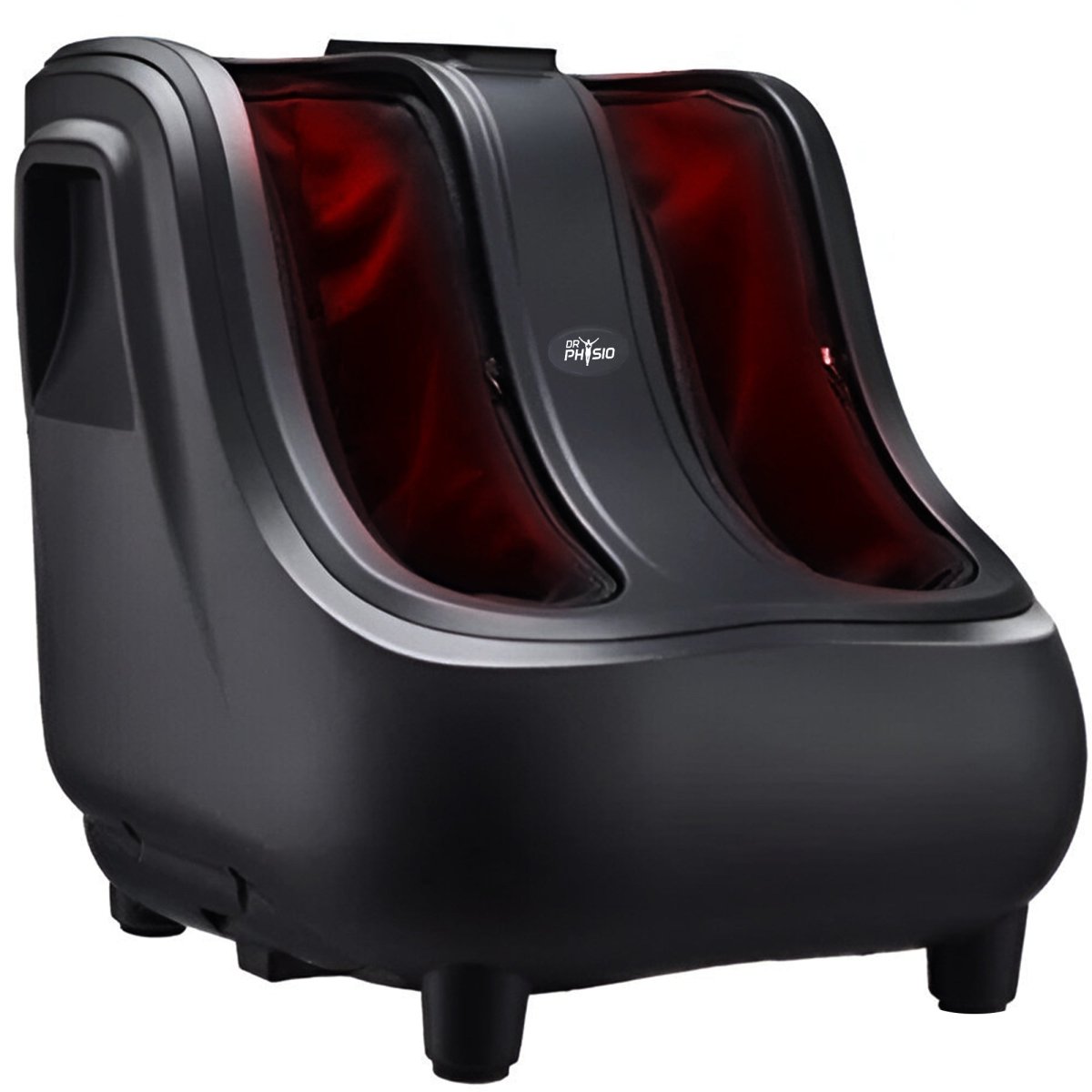High blood pressure has become a widespread Global health concern, leading to various health issues. Fortunately, the availability of health monitoring devices like digital blood pressure monitors makes it convenient for individuals to monitor their BP at home because using a blood pressure monitor at home can be a valuable tool for managing hypertension and monitoring cardiovascular health. However, blood pressure monitors may occasionally provide inaccurate readings due to some reasons. It's crucial to recognize potential factors contributing to inaccuracies, such as device calibration, cuff size, proper placement, and user error, to ensure reliable blood pressure measurements for effective health monitoring.
HIGHLIGHT
Globally, hypertension affects 1.28 billion adults, with the majority residing in low- and middle-income countries, and nearly half of them are unaware of their condition, making it a significant contributor to premature mortality; therefore, one of the key health goals is to reduce hypertension prevalence by 33% from 2010 to 2030.
Around half (51.2%) of respondents with hypertension consistently monitored their blood pressure.
1. Pre-Measurement Rest: Reduces BP Variability
Are you allowing yourself a peaceful moment of relaxation before measuring your blood pressure to prevent misleading readings caused by activities, stress, or caffeine?
Physical activity, stress, or caffeine can temporarily elevate blood pressure. To ensure accuracy, recommend patients sit quietly and relax for a minimum of 5 minutes before taking readings, reducing potential variability.
2. Cuff Size Matters
Have you taken care to pick the perfectly fitting cuff size to ensure your readings are spot-on?
Choosing the right-sized cuff is crucial to avoid inaccurate readings. The cuff should have a bladder length and width of approximately 80% and 40% of the patient's arm circumference, respectively. Opt for a cuff that covers about two-thirds of the distance between the patient's elbow and shoulder.
3. Positioning of your Arm
Why is positioning the arm at the heart level crucial for accurate blood pressure measurements?
To obtain accurate blood pressure measurements, it's crucial to position the patient's arm with the cuff at the heart level, eliminating the impact of gravity. Improper cuff placement can result in incorrect readings and variations in blood pressure measurements.
4. Proper Cuff Placement
Are you placing the cuff directly on the upper arm, with the stethoscope impeccably positioned over the brachial artery for precision?
For standard measurement, always place the cuff directly on the upper arm over bare skin and position the stethoscope at the elbow fold, precisely over the brachial artery. Measuring at alternative locations may produce inconsistent and unreliable results.
Globally, high blood pressure is responsible for approximately 7.5 million deaths, constituting around 12.8% of total fatalities, and resulting in 57 million disability-adjusted life years (DALYs), equivalent to 3.7% of all DALYs. Elevated blood pressure significantly increases the risk of coronary heart disease and both ischemic and hemorrhagic strokes.
5. Avoid Normalcy Bias
Avoid assuming every reading is normal, as this can result in inaccuracies. Stay vigilant for conditions like orthostatic hypotension and refrain from making quick judgments. When using electronic units, ensure accuracy by verifying the displayed pulse against the patient's actual pulse for reliable measurements.
Consider purchasing a blood pressure monitor with AFib detection for early diagnosis, effective heart health management, complication prevention, treatment guidance, and peace of mind, ultimately improving overall cardiovascular health outcomes.
Why is AFib detection important?
6. Adapt to Special Situations
Account for factors like clothing, patient access, and cuff size during blood pressure measurement. In specific situations, explore alternative measurement sites like the forearm, thigh, or calf for accuracy. Regularly maintain and calibrate your equipment, and replace batteries as necessary to ensure precise readings.
7. Minimize Vibrations
Why is minimizing vibrations crucial for accurate blood pressure measurements?
For accurate blood pressure measurements, it's essential to minimize any vibrations stemming from vehicle and road noise, ensuring a stable environment for the readings.
How do you know if your blood pressure monitor is not working properly?
Digital BP monitors since Blood pressure monitors, like any electronic device, can develop faults or issues over time and cause some issues such as:
Inaccurate Readings, Cuff Damage, Leaking Hoses or Tubing, Battery Issues, Display Problems, Physical Damage, Software or Firmware Issues causing technical glitches.
Check before using The BP monitors
Regularly check for monitor faults like inaccurate readings, cuff damage, and battery issues. These precautions are crucial for effective monitoring, contributing to better health. While digital devices offer convenience, awareness of these measures is a warning for ensuring accurate and reliable home blood pressure readings.














2 comments
Srujan
How to enable spaker in my bp monitor?
How to enable spaker in my bp monitor?
Subhas Chandra Kar
Through flipcart I bought dr. TRUST GOLDLINE BP monitor on 16/10/2024. I am a hypertensive heart patient.My doctor told me to monitor my bp every six hours.My care taker tried to measure my bp but the machine shows abnormally high bp as230/110. My Dr. told the machine defective.pl. help me.
Through flipcart I bought dr. TRUST GOLDLINE BP monitor on 16/10/2024. I am a hypertensive heart patient.My doctor told me to monitor my bp every six hours.My care taker tried to measure my bp but the machine shows abnormally high bp as230/110. My Dr. told the machine defective.pl. help me.